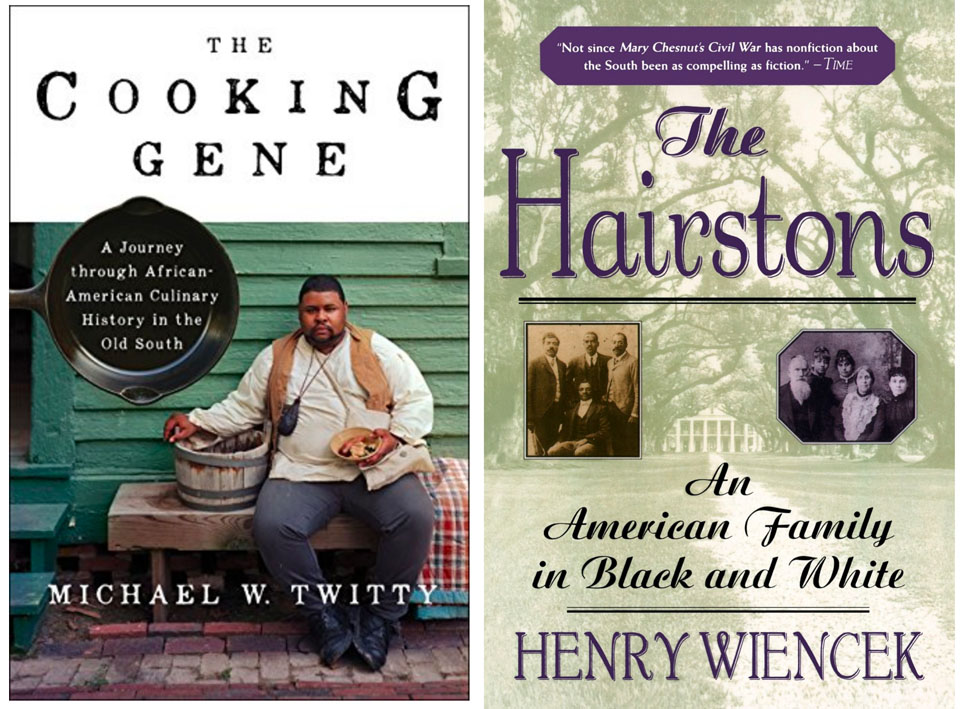
Foxfire students interviewing Aunt Arie — photo by Foxfire Fund, Inc.
There are some strange ideas kicking around these days about what it means to preserve culture. But preserving culture is hard work and a labor of love.
Many, many people are doing this work. It involves books, books, and more books. It is being done with film and photography, with museums, with special events such as fiddlers’ conventions and food festivals, with archeology, and by scholars from many departments of the universities including linguists, historians, anthropologists, and even the music department.
Nor is white trash culture, or Southern culture, or Appalachian culture, being neglected. Far from it! It isn’t culture that white supremicists such as Peter Cvjetanovic seek to preserve. It’s privilege, injustice, and some sort of perverse notion of purity.
We might call the people who do the real work culture workers. And though preserving culture is a labor of love, there is so much demand for the products of culture workers that many people can make a living at it — scholars and writers, for example.
As I have argued in other posts, there is much that is sick in the conservative mind. They look to the past, but they look only to an arbitrary and falsely glorified moment in the past when their ilk were dominant. They selectively ignore the rest of the past. In doing so the conservative mind is blind to privilege and injustice and to the factors that rotted their moment of glory. I have no problem with statues, but the intention behind most statues is not to preserve culture. Rather, it’s to preserve glory.
Sic transit gloria mundi.
One of the things that bothers the dickens out of me is how disinterested many people are in preserving their own personal histories and their own family histories. Some may go so far as to sign up for Ancestry.com and try to build lists of their ancestors, working on line. But how many people bother to get to know great-aunt Matilda before she dies, ask her about what life was like eighty years ago, and then write it down? In most families, collective memory rarely extends beyond two or three generations.
If the white racist Peter Cvjetanovic actually knew any history, he would know that cultures have been melding together throughout human history. As for the moment he glorifies, he also would be sensitive to African-American history, to how African-Americans helped to build this country, and to how African-Americans still have not achieved their full and fair share of justice and equality. But conservatives don’t care about justice unless it involves punishing people they don’t like.
Preserving culture is work that all of us can and should do. Now that I’m retired and don’t have to work for a living, culture work really is my life’s work from now on.
Those who have read my novels know how concerned I am about the loss of pagan Celtic culture to Rome and to Rome’s predatory religion. The damage to Celtic culture was so severe that it was a genocide, actually. Our only means of reconstructing that culture is to absorb what exists in the written records, look at what archeologists have learned, and then use one’s imagination. Where lost Celtic culture is concerned, many writers are doing that.
I don’t plan to publish my memoir for many years, but 150,000 words of it is written. We all should write our memoirs. I was very flattered when Ken asked me if he could interview me and videotape it as an oral history. He did the same thing with his parents. He ended up with so much video that he wasn’t sure where to store it. That is the kind of work it takes to preserve history and culture. All kids have that capability now. All that’s needed is a smart phone that shoots video.
While open-minded people are actually doing this work, small minds are mistaking the preservation of hatred and privilege for the preservation of culture.
That photograph of Peter Cvjetanovic — holding a torch, his face contorted with hatred — has quickly become a cultural icon. It’s a photograph that will still give people the creeps a hundred years from now. Cvjetanovic has contributed to the cultural record, that’s for sure. But in the exact opposite of the way he intended.



Your older neighbours must have some great memories David – maybe a history of Stokes County is next ? 😉
Hi Chenda… Actually, I have proposed a book on our very biracial environmental movement here against fracking and coal ash, with someone else as the author and my photographs. But I don’t know if that will happen. But at the very least, I have learned a great deal from getting to know the African-American branch of the Dalton family. They have cherished and preserved their culture while the white Daltons have forsaken it.
And, by the way, assuming that you’re British because you live in the U.K., I greatly appreciate your interest in American culture.
Thanks David, that certainly sounds an interesting idea
I recently read some memoirs written in the 1970s by the oldest man in my home village. He was in his 90s and was full of wonderful stories of Victorian life. The landscape is little changed but the social world he knew has of course long gone.